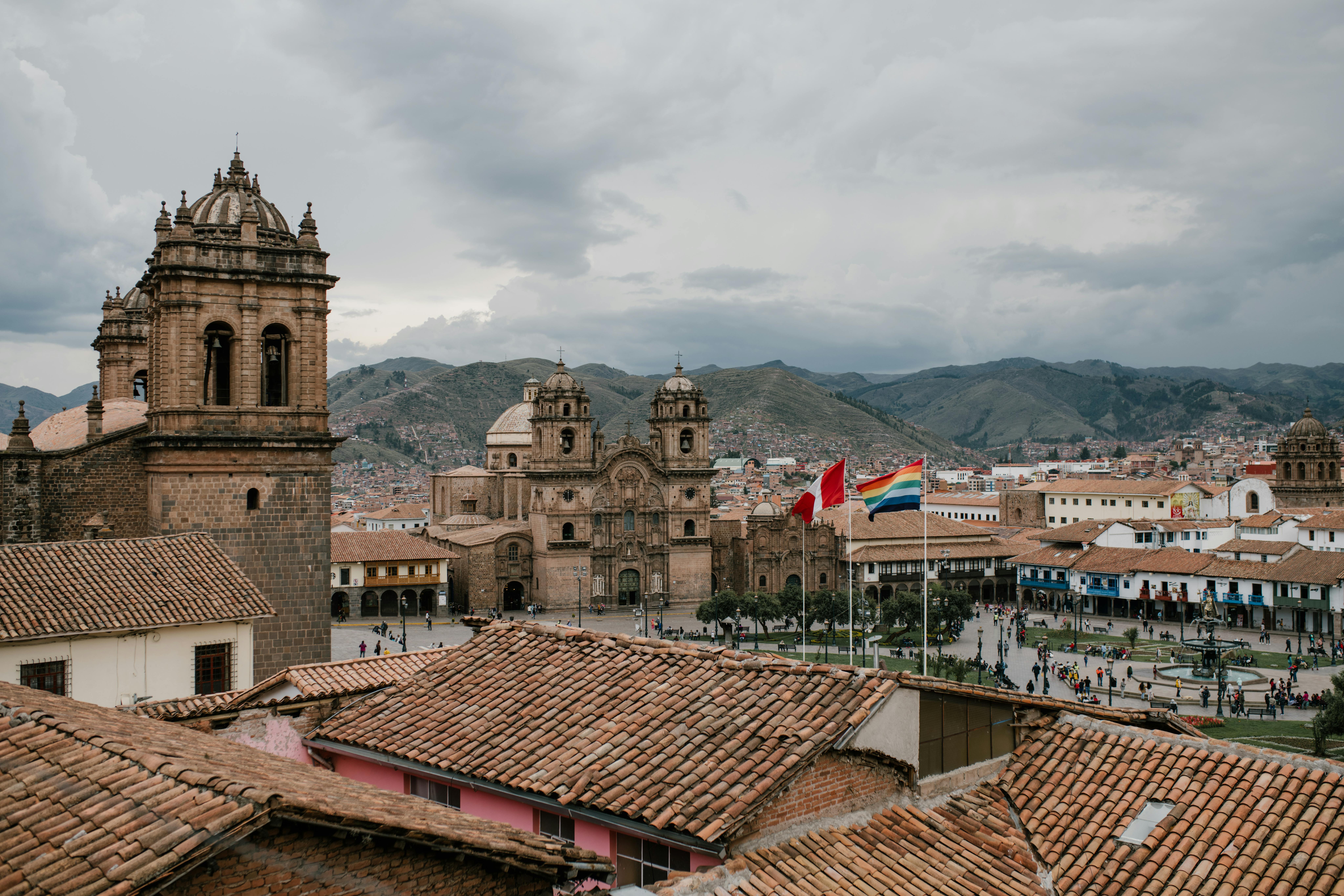For too long, Singapore has been dominated by its larger cousins in the global TEFL/ESL destination market. It’s only natural to head to Thailand and Vietnam, completely ignoring this inspiring compact island. The Lion City should no longer just be a haven for teachers from Thailand looking for some civilization during their vacation. Lucrative TEFL/ESL opportunities exist that allow teachers to save and provide a lifestyle that teachers in Thailand and Vietnam can only dream of. Salaries are high, classes involve mostly adults, and schedules are generally in blocks, all highly skilled in any TEFL/ESL job.
Singapore has a lot to offer that other countries do not. First of all, in the Southeast Asia region, TEFL/ESL salaries far exceed those in neighboring countries. Teachers can expect to start at $2,500 a month, most likely going over the $3,000 mark. While the cost of accommodation may seem high on this small island, other costs such as transportation and food are incredibly cheap compared to Europe and even with the US in fact, this provides a very comfortable lifestyle, where teachers can experience world famous diverse cuisine, spend money on travel and of course save.
Without a doubt, job hunting in Singapore is best done on the ground when you get there. This is convenient as Singapore is a major hub for international flights, and visitors from native English-speaking countries are free to enter for stays between 30 and 90 days. While arriving with nothing may worry some teachers on a shoestring budget, it’s important to remember that unlike Japan, costs are low and the market isn’t saturated with other English teachers in the same boat. Some jobs are advertised online, mainly on TEFL.com and on the ESL Cafe international job board. However, these may not necessarily be the best deals, and the field job search allows you to negotiate a better overall offer.
Who will hire you when you get there? For an island with a population of around 4 million people, Singapore has a high density of educational colleges and private institutes. There is a palpable feeling in the air of everyone trying to get better. This means business and money for the TEFL/ESL teacher. A CELTA/Trinity TESOL candidate’s best bet, like anywhere else in the world, is to contact the major private language networks; Berlitz, The British Council, Cambridge Institute, GEOS, Linguaphone, Shines Education, Wall Street Institute and many more to be found along Orchard Road. Job opportunities can also be obtained from the Straits Times online job classifieds at st701.com. The benefits of performing on location are obvious; It will look like you’re in it for the long haul, you can impress with a professional appearance and demeanor, and most importantly, you can negotiate your salary with your future employer.
Many would-be applicants will be pleased to learn that TEFL/ESL job seekers in Singapore do not necessarily need a certification in CELTA/Trinity TESOL, although that will reduce their salary. More important is having a recognized three-year degree, which the government requires for immigration purposes. However, don’t let this worry you. Obtaining the necessary Labor Credit is a very simple process, requiring only the completion of a few forms. This can be done in Singapore and you don’t have to leave the country to complete the process at a High Commission of theirs. It may be interesting to note that if you earn more than SGD 4,000 per month, you do not need to undergo a medical examination.
Who you will teach is an often underestimated question and it is very important to note that it is highly unlikely that teachers will actually teach Singaporeans. Being a colony of the UK until 1963 and having English as the official language means that English is very well established there. This may not be reflected in local English standards, but for the most part, the government takes care of this during a child’s education. You are much more likely to teach (in order of quantity based on my experience) Mainland Chinese, Korean, Vietnamese, Indonesian, Malaysian, Filipino, Japanese, Thai, and even Burmese nationals. This provides a very pleasant experience because, most likely, you will have multilingual classes to teach. Also, it can be exciting to note that Singapore has far fewer classes for children than the rest of Asia. Naturally, this is due to the fact that English is the language of class in public schools.
Moving on from the work aspect, Singapore as an expat destination offers a very comfortable tropical lifestyle. The climate is characterized by two distinct seasons; wet and dry, and every day is hot! However, the vast majority of schools will use air conditioning to make the teaching experience much more comfortable. Singapore is famous for its multi-ethnic cuisine. The real joy of living there is being able to choose between Chinese, Malaysian, Korean, Thai, Vietnamese and European cuisine every day. Food is incredibly cheap, with amazing outdoor (but covered!) food courts providing a feast of food to brighten any day. Fresh fruit juices and exotic cut fruits at rock bottom prices will make you feel great.
Island accommodation is where you should seriously consider. Occupying a relatively small island with 4 million people naturally means that rents are high, much higher than neighboring countries. The vast majority of people occupy an apartment in a block of flats. These come in two quality levels; HDB (a form of public housing provided by the government) and condominiums (high-quality private apartments, usually, but not always, with shared facilities such as swimming pools, gyms, etc.). HDB flats are generally older and of lower quality (and sometimes without air conditioning), but of course they are cheaper. Condos can range from satisfying to impressive. Rents for HDB apartments start at around SGD 800 per month, and condos start at around SGD 1,500. Obviously, costs depend on many factors, location being one of the most important. My own private recommendation would be to look for a refurbished HDB flat, rather than a cheaper, lower quality condo. I would also strongly discourage anyone from looking for an apartment in the long Geylang street which is the red light district as it is extremely seedy.
In terms of cultural and leisure activities, Singapore has something to offer. First, let’s address the common derision that Singapore is one big shopping mall. This is true to a certain extent, and there are many shopping malls. This will obviously be music to the ears of those who like to shop, and potentially a nightmare for those who don’t. Trying new foods at food courts and restaurants is a very special Singaporean experience, as is exploring the different neighborhoods; Chinese, Indian, Malay, Korean and Thai. The center of the island is still virgin jungle and ideal for hiking, especially Bukit Timah and Macritichie Reservoir Park being the most authentic jungle. The beaches are fine in Singapore, but the sheer number of large ships in the harbor may put you off swimming. A variety of smaller islands around it are also great to explore; particularly Kusu, Ubin, Lazarus, and the haunted Hantu. The island resort of Sentosa is usually very crowded and in my opinion a bit overrated for leisure and entertainment.
In conclusion, for an aspiring teacher looking for a place to start, or an experienced one looking for a fresh start, I would highly recommend Singapore. Reasons of income, food and climate make this a very attractive destination for TEFL/ESL. Flexible immigration makes this a good place to start TEFL/ESL, while the above factors make the city a great place to stay for a few years. Singapore offers enough great things about Asia, but few downsides that make it harder to live in other countries, such as crime, pollution, begging, or promotion. So when considering Asia as a destination for teaching English, don’t discount the Lion City.



